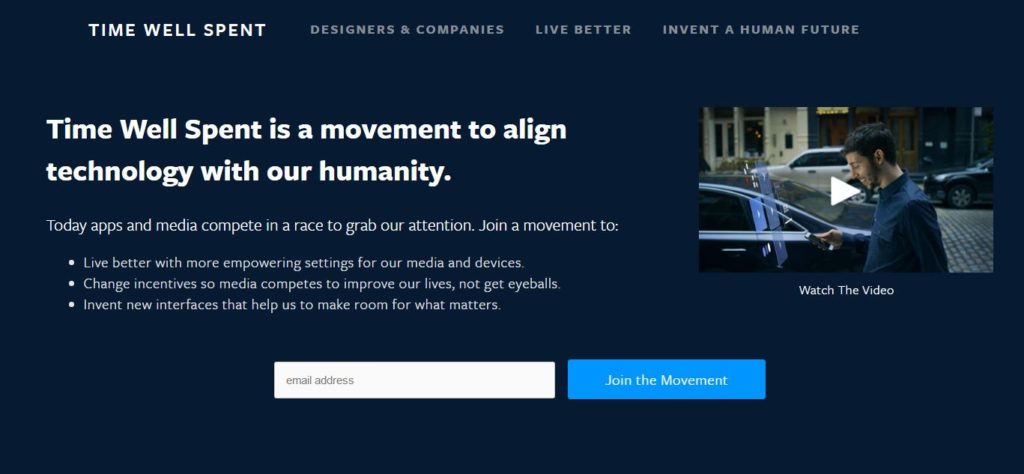I’m reading the book Homo Deus these days, written by Yuval Noah Harari, the author of another bestselling book,Sapiens: A Brief History of Humankind. Homo Deus is about “a brief history of tomorrow”, it goes back to the hunter-gatherers and leaps into a largely unknown future of a possible successor of the homo sapiens.I won’t try to review the book here, as others did so very well.
The book made a big impression on me, so I was delighted to discover a long article by Harari in The Financial Times, in which he challenges the “the future according to Facebook” – reacting on Mark Zuckerberg’s Manifesto about the Global Community Facebook wants to build.
I think this discussion is very crucial for those of us who are interested in VR, AR and MR, because Facebook is a big player in these fledgling industries and Zuckerberg has a very articulated vision on the importance of all these realities. In “Building Global Community” Mark Zuckerberg explains how much value the users of his network get from participating in specific groups/communities (parenting, patients… ) and how important this can be also for their offline lives. Harari is critical:
(…) he never acknowledges that in some cases online comes at the expense of offline, and that there is a fundamental difference between the two. Physical communities have a depth that virtual communities cannot hope to match, at least not in the near future. If I lay sick at my home in Israel, my online friends from California can talk to me, but they cannot bring me soup or a nice cup of tea.
People have bodies, so Harari reminds us, and we don’t have (yet?) the means to virtually recreate the depth of physical presence. The problem with Facebook and its business model is that it needs its users to use its services as much, as long and as intensely as possible – even when that’s not in the best interest of the users.
He refers to the designer/philosopher Tristan Harris, an ex-Google person who nowadays promotes the Time Well Spent movement. He wants to make people aware of the design of tools such as smartphones (or headsets I guess) and he asks designers some inconvenient questions: in whose interest do they work? Will they stimulate people to connect to the physical world around them, or will they serve the interests of the shareholders of Facebook, Netflix and other similar companies who have a vested interest in being as sticky as possible?
I think this should not be read as a damning condemnation of all things virtual or augmented. One can imagine virtual experiences which open our eyes to the realities around us, and even more so augmented and mixed reality inciting us to explore the physical world (remember Pokemon Go?). What I like about Harari and Harris is that they confront us with ethical choices in our exploration of VR and AR.


